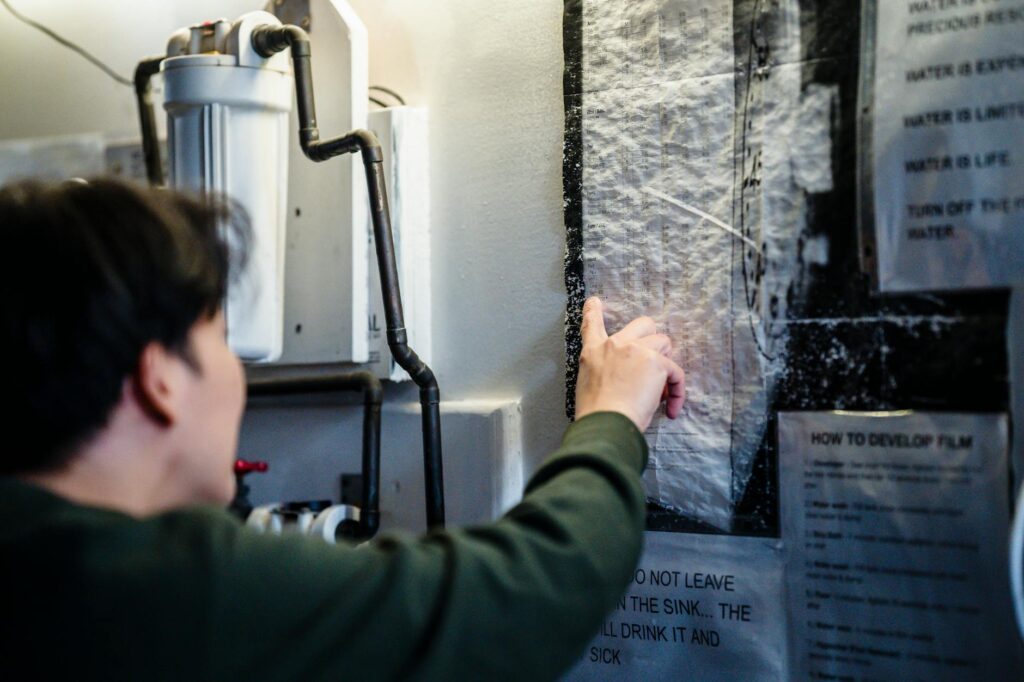What is effective studying habits?

What is effective studying habits?
When it comes to academic success, the way you study can make all the difference. Effective studying habits are not just about spending hours buried in books; they’re about maximizing the time you do spend studying. In this article, I’ll explore what effective studying habits are, why they’re essential, and how you can cultivate these habits to improve your learning experience.
Understanding Effective Studying Habits
Effective studying habits are methods and strategies that enhance your ability to learn and retain information. They matter because they not only improve your grades but also help reduce the stress associated with studying.
Definition of Effective Studying Habits
Effective studying habits refer to a set of practices that encourage better understanding and retention of material. These practices can include time management, active engagement with the material, and creating a conducive study environment.
Benefits of Effective Studying Habits
Adopting effective studying habits can lead to several advantages:
- Improved Retention: When you study effectively, you remember information longer.
- Lower Stress Levels: Efficient studying reduces last-minute cramming, resulting in less anxiety.
- Enhanced Performance: Students with good study habits tend to achieve better grades.
- Greater Confidence: Mastering material through effective study strategies can boost your self-esteem.
For a deeper dive into study techniques, you might find the 10 Effective Study Tips and Techniques helpful.
Key Components of Effective Studying Habits
To develop effective studying habits, there are key components to consider. Each plays a significant role in making your study sessions productive.
Time Management Techniques
Good time management is crucial for effective studying. Techniques include:
- Prioritizing Tasks: Identify what needs your immediate attention and what can wait.
- Creating Study Schedules: Schedule specific times for studying each subject. This helps establish a routine.
Active Learning Strategies
Active learning involves engaging with the material through various methods, such as:
- Summarization: After reading a section, try to summarize it in your own words.
- Questioning: Ask yourself questions about the material. This keeps your mind active and engaged.
- Self-Testing: Regularly quiz yourself on what you’ve learned. This reinforces memory and understanding.
Creating a Productive Study Environment
Your study environment can greatly influence your effectiveness. Consider these tips:
- Minimize distractions by finding a quiet space.
- Keep your study area organized and free of clutter.
- Ensure good lighting and a comfortable chair to help you focus.

Photo by Annushka Ahuja
Common Challenges and Solutions
Every student faces obstacles, but recognizing them is the first step to overcoming them.
Distractions and Procrastination
Distractions can derail your study plans. Here are some strategies to combat them:
- Set Boundaries: Let others know your study schedule to minimize interruptions.
- Use Technology Wisely: Consider apps that block distracting websites during study time.
Cognitive Overload
Studying too much information at once can lead to cognitive overload. To avoid this:
- Break Down Material: Divide your study material into manageable chunks. Focus on one section at a time.
- Take Regular Breaks: Schedule short breaks to rest your mind and improve retention.
Tips for Maintaining Effective Studying Habits
Once you’ve established effective habits, it’s essential to sustain them.
Regular Review and Revision
Regularly revisiting material is crucial for long-term retention. This can be achieved through:
- Spaced Repetition: Review material at intervals rather than cramming all at once.
- Creating Study Guides: Summarize key points to facilitate quick reviews.
Staying Motivated and Engaged
Motivation is key to maintaining effective studying habits. Here’s how to stay engaged:
- Set Achievable Goals: Break larger tasks into smaller, more manageable goals.
- Reward Yourself: After completing a study session, treat yourself to something you enjoy.
To learn more about effective study habits, check out this guide on Studying Smarter Not Harder.
Conclusion on Effective Studying Habits
In conclusion, effective studying habits are vital for academic success. By understanding what these habits are, their benefits, and how to implement them, you can transform your study experience. Remember to stay organized, actively engage with material, and continuously refine your strategies. Start today, and watch your confidence and performance soar!